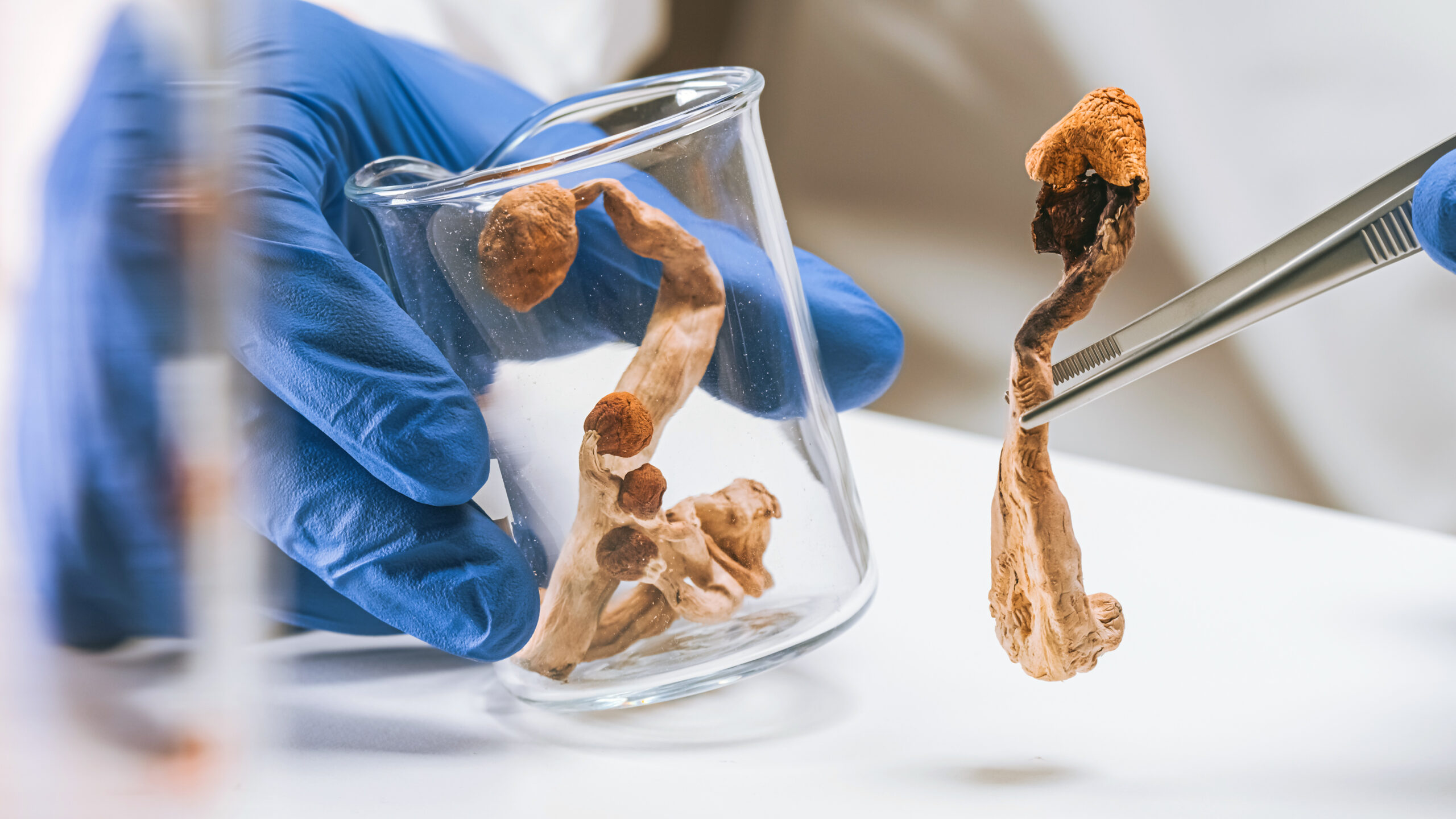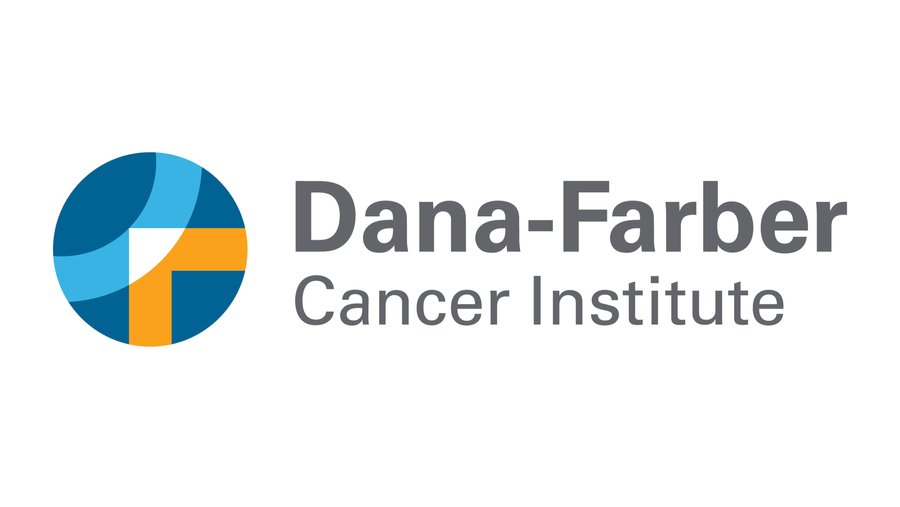Psilocybin-Assisted Therapy
Unrelieved pain is one the most feared and frequently experienced symptoms in patients with advanced cancer. For this population, pain is typically more severe and occurs in more sites than patients with early-stage disease. It is often viewed as a continuous reminder of disease progression, uncertainty and death, and exists within a complex interplay of physical, emotional, social and spiritual suffering.
We have been following what has been happening in research focused on the role of psychedelics for end-of-life anxiety, depression, and demoralization with an eye to better supporting the experience our patient community have with pancreatic cancer.

As a result, we are proud to be investing in groundbreaking research that is examining the potential of psilocybin’s use for managing pain.
While we work to challenge the status quo and invest in projects that will change outcomes, we are also keenly aware that 90% of people diagnosed with pancreatic cancer will die – and often in immense pain, suffering and distress.
Testing an improved intervention for managing cancer pain
Second, negative coping strategies such as pain catastrophizing and poor self-efficacy are consistent predictors of pain. Recent meta-analyses have shown low to moderate effect sizes of specific pain-related behavioral interventions in clinical trials, highlighting the need to develop more effective interventions.
Developing more effective and opioid-sparing therapeutic tools to address opioid-refractory pain would constitute a major advancement in cancer care for all cancers. It is also timely as higher risk of nonmedical opioid use and increase in opioid-associated deaths are observed in patients with cancer in the current context of opioid crisis.
“Building upon our previous research assessing psilocybin-assisted therapy as a treatment for existential distress, this study investigates a similar treatment regimen with a different patient population to look at the experience of pain, especially pain that does not respond well to conventional treatments. In this study, we also look at the connections between physical pain and psychological distress to understand how pain interacts with mental health. I’m really interested in understanding how improved mental health and improved outlook can potentially impact physical symptoms, engagement in cancer treatment and even survival.”
The Pilot Study of Psilocybin-Assisted Therapy for Opioid-Refractory Cancer Pain in Patients with Advanced Cancer is a two-year clinical study taking place at the Dana-Farber Cancer Institute at Massachusetts General Hospital.
Primary Objectives
2. To examine the safety and tolerability of psilocybin-assisted therapy in this population.
Secondary Objectives

2. To assess the effect of psilocybin-assisted therapy on pain medication and other patient-reported outcomes including psychological distress, Mental Adjustment to Cancer, spiritual well-being and health-related quality of life.
Led by Yvan Beaussant, MD, MSc, at the Dana Farber Cancer Institute, a Harvard Medical School teaching hospital, we expect this study to have significant results, leading to subsequent trial phases over the course of 5+ years that would hopefully bring this treatment forward as an approved standard of care option.

316-4211 Yonge Street
Toronto, ON M2P 2A9
Toll Free: 1-888-726-2269
info@pancreaticcancercanada.ca
Charitable Registration Number 84870 1967 RR0001

